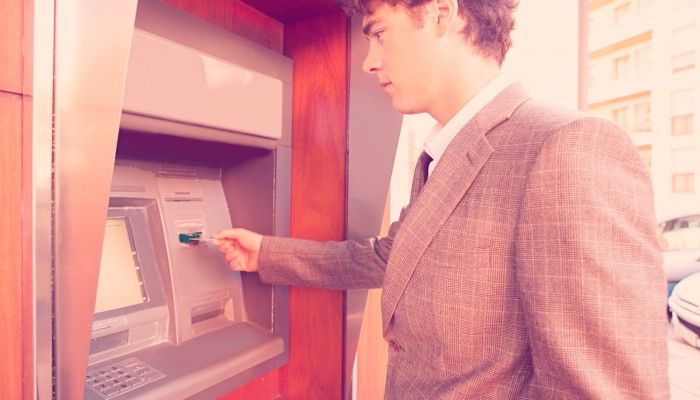- Related Articles
- What Does A Bank Do With My Money?
- Insurance
- Pensions
- Savings
- Understanding Your Payslip
What can a bank or building society offer you? Don’t opt to stash your cash under the mattress when there are safer places to deposit your money, that also provide convenient ways to manage bill payments, offer loans and give you interest on your money while you save. What more could you want?
What is a Bank?
At a very simplistic level, banks accept deposits and make loans, and then make a profit from the difference in the interest rates paid and charged. So whilst the products and services they provide can be invaluable, remember they exist to make a profit.
How is a Building Society different?
A building society differs ever so slightly from a bank, in that they were originally owned by their members, i.e. the people who invest in savings schemes and those who hold mortgages and other accounts with them. Most have de-mutualised over the years, meaning they became a more normal public company, but for the few that remain mutual there are some important differences. There are no shareholders to pay dividends to, and so any profits are reinvested in the building society, and it is often run and managed by those who have some ownership. Nowadays, building societies offer pretty much exactly the same services as banks.
Why might I need a Bank or Building Society account?
In order to store and manage your money safely; it allows you to easily pay bills, cash cheques, take money out, pay wages in, purchase goods, record your spending…the possibilities are endless (well, not quite endless, but you know what we mean!)
Why types of accounts are there?
The terms used can differ from bank to bank, but here are four main types to look out for:
- Basic bank account – the simplest type of bank account, that allows you to receive money and pay bills via cash or debit card, but doesn’t include overdrafts, cheques or credit cards.
- Current account – allows you to receive regular payments, e.g. salary, benefits, pension etc, and regularly withdraw money either in cash, or payments via cheque or debit card.
- Packaged account – a current account that offers extra features, e.g. travel insurance, interest-free overdraft, motor breakdown cover, for a monthly fee (often between £15-20)
- Joint account – largely used by people that live together in order to manage bills, shared expenses, mortgage and rent payments. Just remember that if anything happens with the account, you are all responsible and (unless you require everybody to authorise each transaction) people can spend money without the others knowing!
As you know these are not the only services available from a bank or building society, most will also offer savings accounts, investments, mortgages, insurance, credit cards and loans.
Which Bank or Building Society is for me?
Choosing the right bank or building society for you shouldn’t be too hard. Firstly, you have to figure out exactly what you need from it, for example, if you have a tight schedule and are often busy you will need to find a bank with flexible (or weekend) hours, or that allows ATM deposits. Alternatively, if you would prefer to do your banking over the telephone or online, look for those who have the best track record in offering this service.
Once you know what to look for, you can quickly evaluate the competition. The most important thing to remember is that it is an incredibly competitive market, with each bank trying to look better than the next. That is why it is crucial to shop around! Focus on what is important to you and not what the (literally) all-singing all-dancing adverts try to tell you. For more help choosing the right account visit: www.moneysavingexpert.com
And lastly, statistics show that the average person is more likely to get divorced during their lifetime than change their current account! But this shouldn’t be the case. You can change your bank or building society as often as you like – the rules and process have been changed to make it much easier for you to do this. As a result, many banks have responded by offering enticing cashback switching offers. Why not check them out or ask your bank what more they can do for you to make your money work harder?
